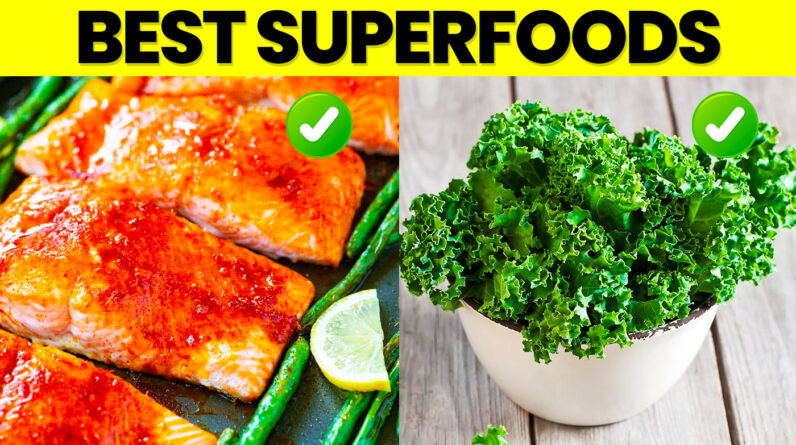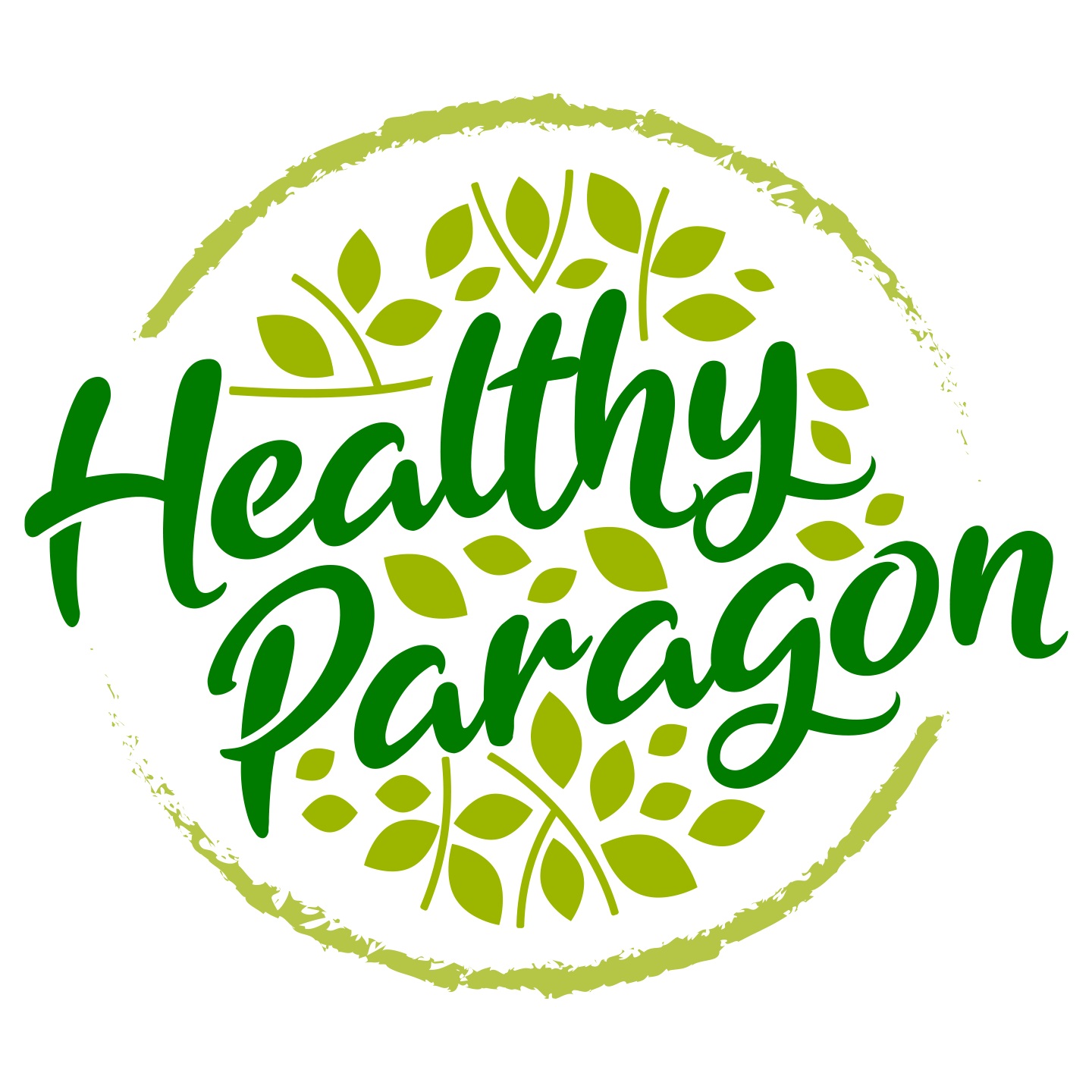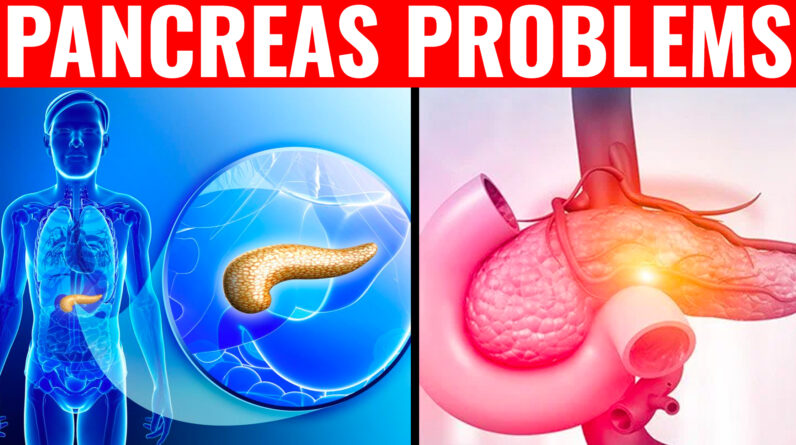
Think about what you’ve eaten throughout the day. Chances are there were a few bad decisions in there. Maybe you want to go for more nutritious foods but you don’t know where to start.
In this article, we’re giving you a roundup of the ten most nutritious foods in the world. Some of them might be surprising, others tantalisingly easy to include in your diet. So make sure you stick till the end, and let’s begin!
Number 1: Berries
You’ve probably heard of fruit being referred to as ‘nature’s candy’, and there’s no better example of that than berries. From strawberries to blackberries, they’re all loaded with antioxidants, which help to control the effect of free radicals in your body. This gives you greater protection against an array of diseases, including Alzheimer’s, diabetes and cancer. Apart from this, berries are also high in fiber, improving digestion, and provide several nourishing vitamins and minerals. Goji berries, in particular, are hailed as a superfood, containing all eight essential amino acids as well as high levels of vitamin A. Whether eaten plain or added into smoothies, berries are incredibly easy to include in your diet. So you can have a treat, while progressing towards a healthier body.
Number 2: Beans
Beans might look boring, but they definitely pack a punch when it comes to nutrition. According to research, they can reduce your risk of heart disease. This is because beans are a mighty source of fiber. A half-cup serving of black beans contains about 14 grams of fiber, more than half of an adult’s daily requirement. Fiber absorbs the body’s cholesterol, and the magnesium also present in beans helps to lower blood pressure. Beans can be combined with any of the other foods on this list and added to salads or soups, or you can make a Middle Eastern-inspired hummus for a snack that’s easy to prepare and great for your health.
Number 3: Avocados
The pale green colour of avocados makes them a treat for the eyes, but did you know they’re also great for your body? Avocados are a prime example of good fats, particularly the monounsaturated kind. This is why they’re great for your heart and cardiovascular system. Along with that, avocados are also a rich source of vitamin E, which helps maintain eye health, and beta-sitosterol, which helps reduce cholesterol levels. If that wasn’t enough, glutathione is an effective antioxidant also found in avocados, which protects you against cancer. So even if avocado toast isn’t quite your type, try having it in guacamole or salads, or even with your scrambled eggs. And you might just end up becoming a fan of this nutritious superfood!
Number 4: Broccoli
Many foods on this list are effective at preventing cancer, but broccoli might be the most powerful protector of all. A vital chemical found in broccoli is sulforaphane, which is the reason behind its bitter taste and notable smell. Sulforaphane is scientifically proven to help the body get rid of certain toxins that cause cancer, such as those found in cigarette smoke. Plus, it also kills the bacteria responsible for ulcers. So not only does broccoli maintain stomach health, it also keeps your bones strong with the help of vitamin K. This improves bone health and also reduces rates of fracture. Broccoli can make a good addition to a variety of foods, from casseroles to pasta, so it’s easy to make it an essential component of your diet.
Number 5: Dark chocolate
Chocolate might be a surprising addition to the list, but the dark variety is loaded with nutrients. It contains flavonoids, which are effective antioxidants, and they increase in concentration the darker you go. Harvard researchers suggest opting for no less than 70 percent cacao. On top of that, dark chocolate may even boost brain activity and improve your mood thanks to the flavonoids. And manganese promotes the production of collagen, keeping your skin supple and healthy. It can even help with weight loss, by signalling to the brain that you’re full. But it’s important to note that all these benefits depend on eating only a small amount of dark chocolate. As long as you stay under an ounce a day, dark chocolate can make a delectably nutritious snack.
Number 6: Garlic
If you want to improve your immune system, garlic might be your best bet. It can fight bacteria, fungi and viruses to give you full protection, thanks to the sulfur compounds it contains. These compounds are released when garlic is chopped or crushed, and help protect you against diseases ranging from the common cold to types of cancer. The sulfur compounds also provide an array of cardiovascular benefits. Most notably, they help thin your blood and reduce risk of a heart attack or stroke. Garlic also helps your body get rid of heavy metal toxins and improve bone health, especially in women. So considering garlic can be used to treat a variety of conditions, don’t shy away from making it an integral component of your diet.
Number 7: Fish
Seafood might not sound appealing to everyone, but the vast benefits of fish might change your mind. They’re renowned for being rich in omega-3 fatty acids, which help maintain your heart, lungs, blood vessels and immune system. They’re also essential for growth and development. From helping reduce the risk of depression to slowing down mental decline, fish is also immensely beneficial for your brain. Salmon is an especially nutritious species, since it can reduce your risk of a heart attack by 27% and your risk of prostate cancer by a third. Additionally, autoimmune diseases are less likely to affect adults that have a regular intake of omega-3, and the same is true for asthma in children. So the next time you’re stuck for meal ideas, consider having fish and your body will definitely be grateful.
Number 8: Spinach
Made popular by our childhood hero Popeye, spinach carries a range of advantages, from your brain to your immune system. Its dark green hue is because of chlorophyll, which can help in fighting cancer and preventing aging. The other pigments present in spinach, like carotenoids, are particularly remarkable in reducing inflammation and maintaining good eyesight. It’s also rich in vitamins like vitamin C which helps reduce hypertension, and vitamin K which promotes bone health. Plus, the zinc and magnesium keeps your mind calm and your body relaxed. It’ll help you get a good night’s sleep, which might be a source of relief for anyone having sleeping problems. After hearing about all these nutrients, there’s no reason why you shouldn’t include this leafy green in your meal plans.
Number 9: Yogurt
This breakfast staple is full of multiple nutrients you need for a healthy body. One cup fulfills nearly half your daily calcium requirement, helping you maintain healthy teeth and bones. This can help combat osteoporosis, a common bone weakening condition found in the elderly. If you pick a type that’s high in probiotics, you’ll also enjoy better digestive health thanks to the good bacteria. People suffering from irritable bowel syndrome or constipation can reap these benefits. Plus, the trace minerals found in yogurt play a vital role in strengthening your immune system. Although yogurt contains saturated fats, it might actually combat obesity and promote weight management. This is because its high protein content can promote the release of appetite-reducing hormones in the blood. Maybe this food doesn’t deserve to be restricted to breakfast time alone, so that you can improve your nutrient intake any time of day.
Number 10: Flaxseed
The subjects of King Charles the Great were ordered to eat flaxseeds, and seeing the benefits of this simple superfood, they weren’t wrong. Flaxseeds are rich in lignans, plant compounds that serve a similar function to estrogen in the body. This reduces the risk of some hormone-related cancers, and research proves women who eat flaxseeds show a lower risk of cancer. In addition, flaxseeds contain a sizeable amount of fiber, approximately 3 grams. The soluble and insoluble types both work together to slow down digestion, lower cholesterol and prevent constipation. Together, they make for a healthy digestive system and regular bowel movements. Flaxseeds also contain high-quality protein, helping improve immune function and carrying anti-fungal properties. Whatever your dietary preferences are, taking a page from King Charles’s book might be a good idea if you want to work on your health.







